Shi Huangdi was the first Chinese emperor and the founder of the Qin dynasty. During his reign, Shi Huangdi unified China and ordered the building of country's Great Wall for protection. Shi Huangdi was born Zhao Zheng in 259 BC in northwestern China. His father, Zhuangxiang, later became king of a large Chinese state. At the time of Zheng's birth, seven prominent Chinese states were fighting for power. When Zheng was just 13, he succeeded his father as king of the Qin state. It was 246 BC. Because of his youth, he governed for several years under a regent. In 238 BC, Zheng was declared of age. The regent was exiled.
As king, his goal was to govern a unified China. In 230 BC, Zheng conquered the Han state. He continued to consolidate his power, annexing the states of Wei, Chu and Zhao. Zheng conquered the state of Qi in 221 BC. His empire now covered almost all of China.
After this last victory, he assumed a new name, Shi Huangdi or First Sovereign Emperor. After gaining control over conquered areas, Shi Huangdi fought nomadic Xiongnu tribes. They menaced the northwest borders of his empire.
To protect the country from invaders, in 214 BC Shi Huangdi ordered the construction of a colossal defensive wall. Once complete, it ran about 7,000 kilometers [circa 7,000 km] and became known as the Great Wall of China.
Shi Huangdi initiated a series of reforms, ended the feudal system and established a central administration. He divided China into 36 military districts, each with its own administrator. He appointed these men directly. Xianyang was named the new capital.
Shi Huangdi also imposed the use of a single written Chinese alphabet and a single currency throughout the empire.
Shi Huangdi feared rebellion. He persecuted opponents, particularly intellectuals, and burned all ancient texts considered subversive. Only books on technical and scientific subjects were safe.
Over time, Shi Huangdi became obsessed with immortality. He often visited Zhifu Island seeking a secret elixir for eternal life.
His quest for immortality proved fatal. The emperor swallowed mercury pills his doctors had prepared believing they would make him immortal. Shi Huangdi died soon after in the imperial palace in Shaqiu on September 10, 210 BC. He was 50.
His second-born son Huhai became the next emperor. Shi Huangdi was buried in an immense mausoleum, now called the Qin tomb, built with the labor of 700,000 men over 40 years. An army of over 8,000 life-sized terracotta soldiers inside the tomb [The Terracotta Army] symbolically protect his body. The Great Wall of China immortalized Shi Huangdi in history.
As king, his goal was to govern a unified China. In 230 BC, Zheng conquered the Han state. He continued to consolidate his power, annexing the states of Wei, Chu and Zhao. Zheng conquered the state of Qi in 221 BC. His empire now covered almost all of China.
After this last victory, he assumed a new name, Shi Huangdi or First Sovereign Emperor. After gaining control over conquered areas, Shi Huangdi fought nomadic Xiongnu tribes. They menaced the northwest borders of his empire.
To protect the country from invaders, in 214 BC Shi Huangdi ordered the construction of a colossal defensive wall. Once complete, it ran about 7,000 kilometers [circa 7,000 km] and became known as the Great Wall of China.
Shi Huangdi initiated a series of reforms, ended the feudal system and established a central administration. He divided China into 36 military districts, each with its own administrator. He appointed these men directly. Xianyang was named the new capital.
Shi Huangdi also imposed the use of a single written Chinese alphabet and a single currency throughout the empire.
Shi Huangdi feared rebellion. He persecuted opponents, particularly intellectuals, and burned all ancient texts considered subversive. Only books on technical and scientific subjects were safe.
Over time, Shi Huangdi became obsessed with immortality. He often visited Zhifu Island seeking a secret elixir for eternal life.
His quest for immortality proved fatal. The emperor swallowed mercury pills his doctors had prepared believing they would make him immortal. Shi Huangdi died soon after in the imperial palace in Shaqiu on September 10, 210 BC. He was 50.
His second-born son Huhai became the next emperor. Shi Huangdi was buried in an immense mausoleum, now called the Qin tomb, built with the labor of 700,000 men over 40 years. An army of over 8,000 life-sized terracotta soldiers inside the tomb [The Terracotta Army] symbolically protect his body. The Great Wall of China immortalized Shi Huangdi in history.
RELATED
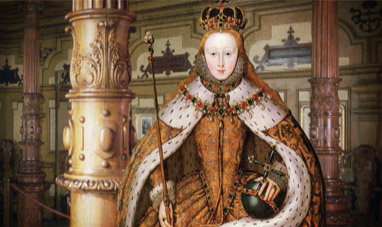

ELIZABETH I
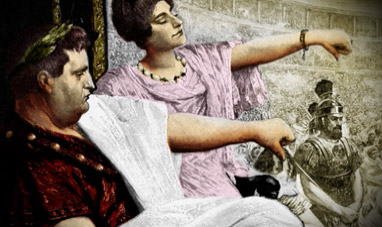

NERO
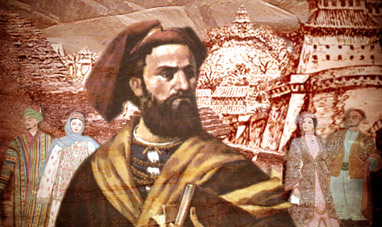

MARCO POLO
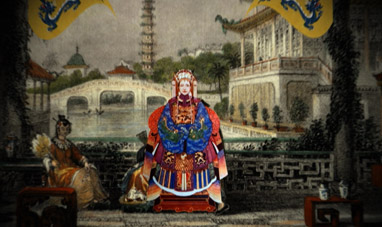

CIXI, DOWAGER EMPRESS OF CHINA
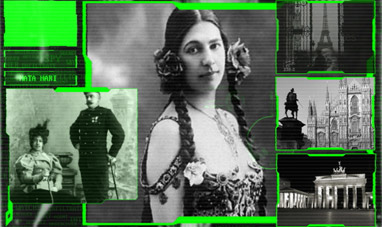

MATA HARI


JACQUES CARTIER
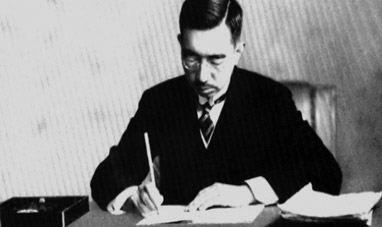

EMPEROR HIROHITO


SISSI, EMPRESS OF AUSTRIA


CHARLES MARTEL


JIMMY CARTER
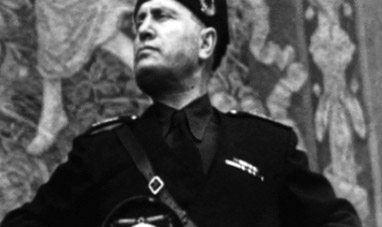

BENITO MUSSOLINI


PORFIRIO DÍAZ
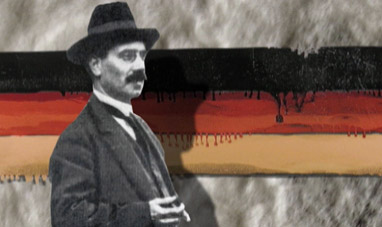

KARL LIEBKNECHT


CAMILLO BENSO, COUNT OF CAVOUR


CATHERINE DE MEDICI
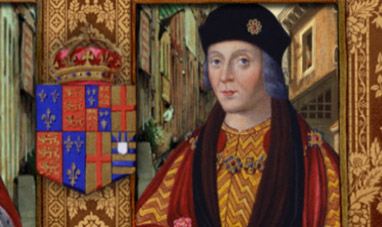

HENRY VII
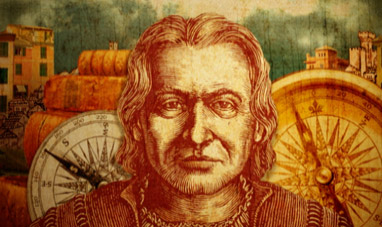

COLUMBUS, CHRISTOPHER
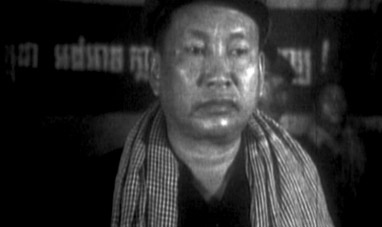

POL POT


TUTANKHAMEN
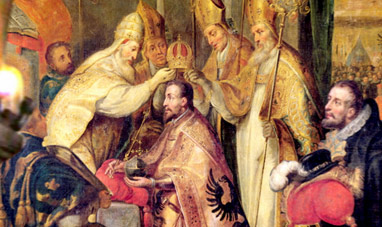

FREDERICK II, HOLY ROMAN EMPEROR


FRANCISCO DE ORELLANA
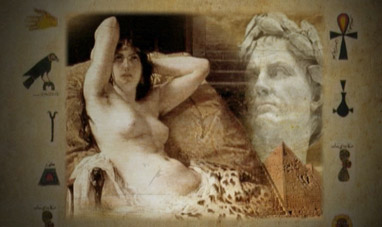

CLEOPATRA
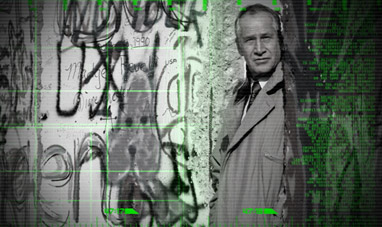

MARKUS WOLF


PERICLES
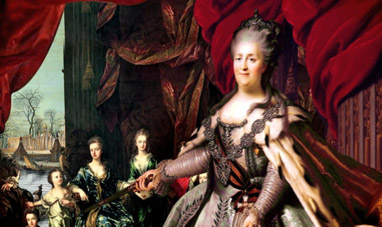

CATHERINE THE GREAT


MATTHEW C. PERRY
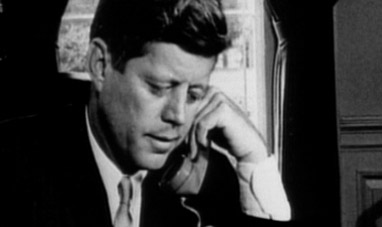

JOHN FITZGERALD KENNEDY


ARMAND-JEAN DU PLESSIS DE RICHELIEU


JAMES COOK
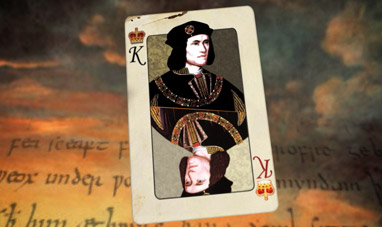

RICHARD III


MIKHAIL GORBACHEV
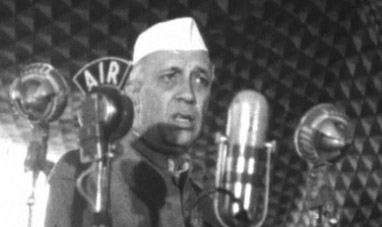

JAWAHARLAL NEHRU
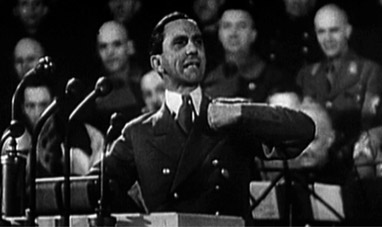

JOSEPH GOEBBELS
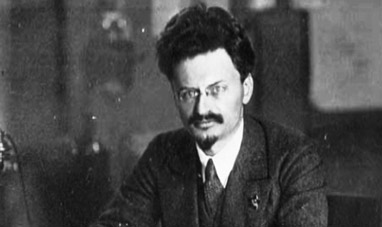

TROTSKY
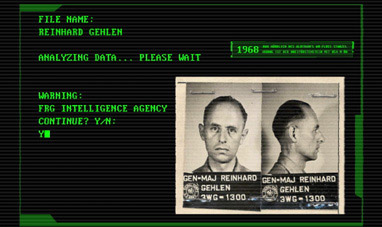

REINHARD GEHLEN
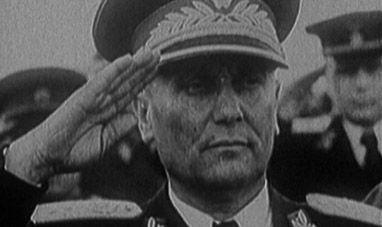

JOSIP BROZ TITO
